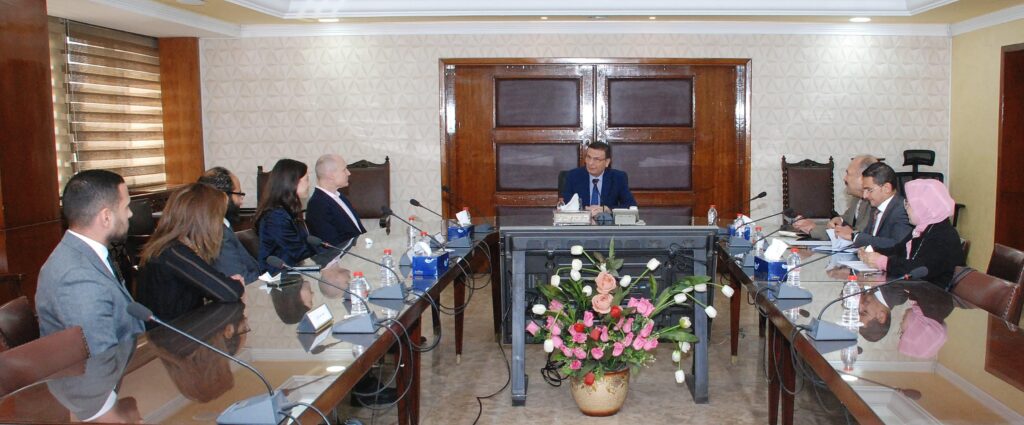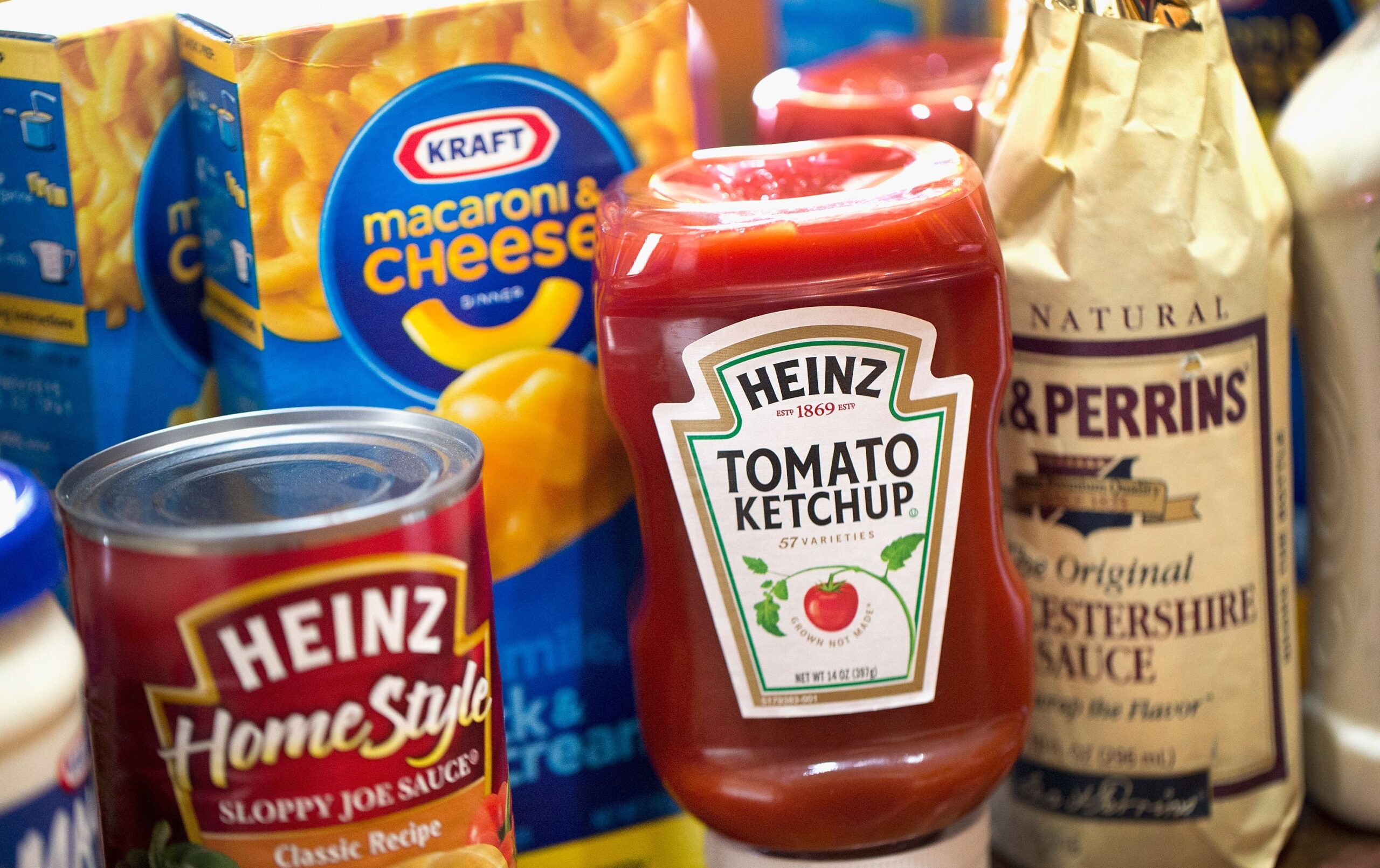Food & Climate
Kraft Heinz International officials offered Egypt support for its farmers with climate-tolerant tomato seeds, and stressed the possibility of turning Cairo into a center for tomato cultivation.
Heinz International officials indicated the possibility of turning Egypt into a center for tomato cultivation, by expanding current contracts, with a focus on sustainability and social responsibility, and contracting tomato crops for export to European Union countries, which would lead to an increase in production lines, according to a statement received by the “Food & Climate” platform.
A delegation from the American company headed by Vice President Patrick Sheridan visited Egyptian Minister of Agriculture Alaa Farouk to discuss ways to enhance investments in Egypt.
Kraft Heinz International announced at the end of August 2024 the expansion of its investments in Egypt with the aim of doubling production capacities and increasing exports by 65%, through foreign investments amounting to $50 million, and opened it the following month (September).
What happened at the Kraft Heinz Global meeting
Egypt’s Minister of Agriculture, Alaa Farouk, stressed during a meeting with a delegation from Kraft Heinz Global, support for investors and foreign investments in the field of agriculture and cooperation with the private sector.
He pointed out Egypt’s tendency to focus on areas that achieve added value, and encourage the private sector to enter agricultural manufacturing, which supports the national product, in addition to reducing loss and waste in crops; especially strategic ones.
The percentage of food waste in Egypt is high in general, and the percentage of waste in tomatoes exceeds 50%, according to the Food and Agriculture Organization of the United Nations (FAO).

Tomato waste
FAO indicated that for every 1,000 kilograms of tomatoes produced and distributed in Egypt, 560 kilograms are lost or wasted. This represents more than half of the production.
This applies to tomatoes and grapes alike. Although Egypt is a major producer of tomatoes and grapes, much of this food never reaches markets or consumers.
Most of the loss or waste occurs during the production, post-harvest, processing and distribution stages. The reasons behind these huge losses are many and varied, the most important of which are inefficient food production systems, distribution and marketing systems, and inadequate technologies and infrastructure, according to Yahya Salah Mustafa, a technical expert at the FAO in Egypt, who spoke about the importance of training to avoid food waste.
Mahmoud Taha, who runs a successful agricultural business specializing in the management and exploitation of agricultural waste, and buys tomatoes from the dried tomato cooperative established by the FAO, said that food production methods are not the only reason for food loss in Egypt. The instability of agricultural product prices is one of the reasons why farmers lose their products.
He added: “More than 30% of tomato production is lost due to price fluctuations. Because low prices force farmers not to harvest tomatoes, we lose large quantities of them. We try to avoid losses for farmers by informing them of the possibility of drying tomatoes in the event of a drop in prices. Therefore, setting prices is necessary to reassure farmers and avoid losses.” These price fluctuations have a major impact on smallholder farmers who dominate food production in Egypt and at the same time represent a large percentage of the country’s poor, as they constitute 35% of the population, according to the United Nations website.
It is worth noting that tomato prices in local markets have witnessed a sharp decline in the recent period, with the price of a kilogram reaching 3 pounds, which prompted farmers to complain on social media.
The company’s investments in Egypt

Egyptian Minister of Agriculture Alaa Farouk agreed, during a meeting with a delegation from Kraft Heinz International in Cairo, to work with farmers on a contract farming system and expand the use of tomato varieties that meet manufacturing requirements.
It is worth noting that Kraft Heinz International has been operating in Egypt since 1991, and its investments amount to more than 7 billion pounds ($138 million).
US dollar = 50.63 Egyptian pounds.

